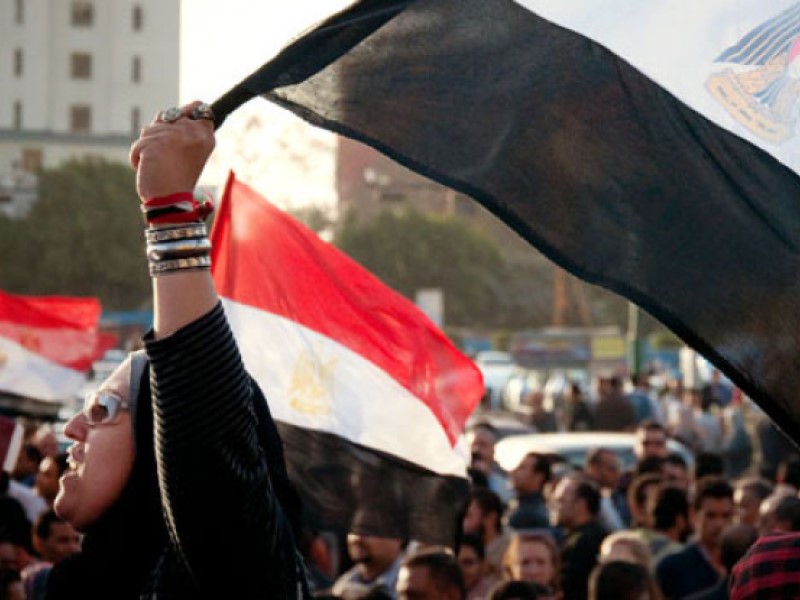The UN Women Regional Office for the Arab States (ROAS) was established in Cairo, Egypt, in 2012. ROAS covers 17 countries across the Arab States region, including countries with low, medium and high income and several countries currently experiencing serious crisis impacting on overall human development. LEARN MORE >
Key focus areas
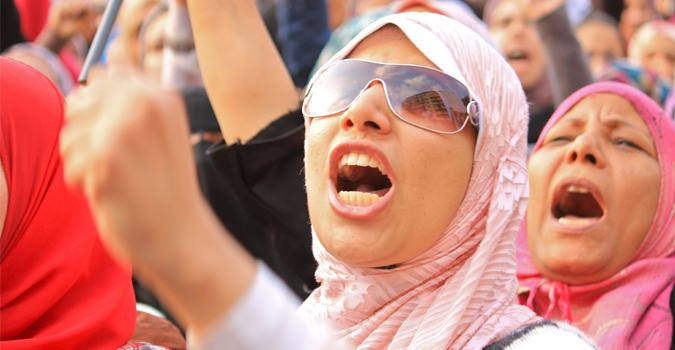
Governance and Participation in Public Life
The Arab region has the lowest participation of women in political life globally, and is ranked the lowest in political participation on the gender gap index. At only 15.2%, the region is far behind the global average of 22.1% of women represented in parliament. Some countries have made efforts to embed gender equality in constitutions and policies, including a provision for a quota system, however, this is the exception rather than the norm.
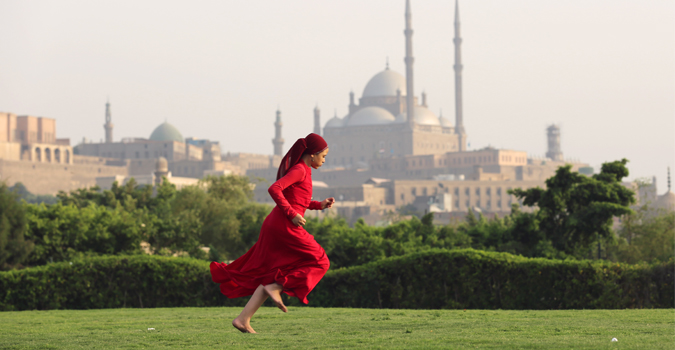
Women's Economic Empowerment
Difficult political transitions, security challenges, declining oil prices and protracted regional conflicts continue to weigh on the economic prospects of the region. Economic growth in the Middle East and North Africa (MENA) region is estimated to have slowed sharply to 1.8 percent in 2017. Growth for the region is projected to accelerate to 3 percent in 2018. Economic structures are characterized and influenced by dominant public sectors and there is limited diversification of the economies. While less than 3 per cent of the population live in extreme poverty, vulnerability remains high owing to 53 per cent of the population living on $4.00 a day or less
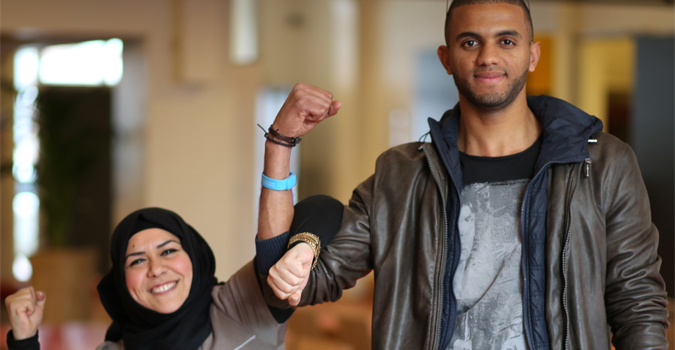
Ending Violence Against Women
Violence against women and girls (VAWG) is a grave violation of human rights. The World Health Organization (WHO) estimates that 37% of ever-partnered women in the eastern Mediterranean region have experienced physical and/or sexual intimate partner violence at some point in their lives. Other forms of violence prevail in the region including “honour” related killing, early, forced and temporary marriage; sexual harassment in public spaces and harmful practices such as female genital mutilation.
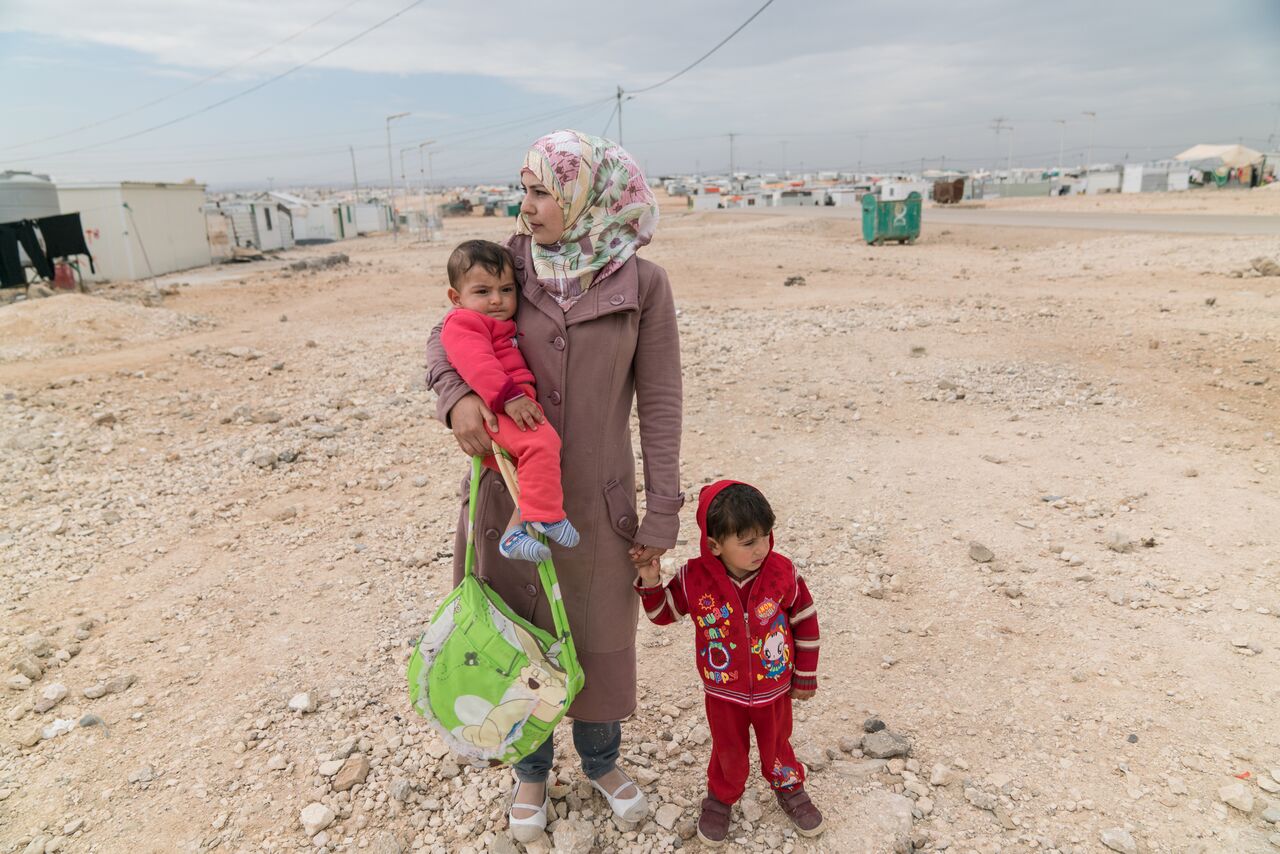
Women, Peace and Security
The 2030 Sustainable Development Agenda has prioritized peace and security as a key cornerstone for sustainable development. The Arab States have seen peace and security issues at the forefront of the regional agenda since 2011, with occupation, political crisis and climate change fueling violence and displacement.
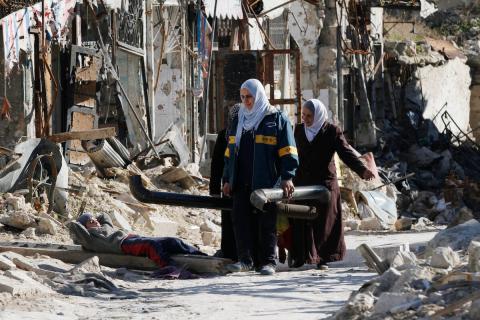
How Syrian women navigate security risks to mediate local conflicts
For over a decade, Syria’s protracted conflict has taken countless lives, displaced millions in and outside the country and left much of its infrastructure in tatters. International mediation efforts to end the conflict have largely stalled, in part because the local dynamics that help fuel the crisis are often overlooked by formal mediators. This makes mediation efforts that seek to resolve inter- and intra-community conflict and address local concerns vital to advance formal peacemaking efforts led by national actors. Read more >
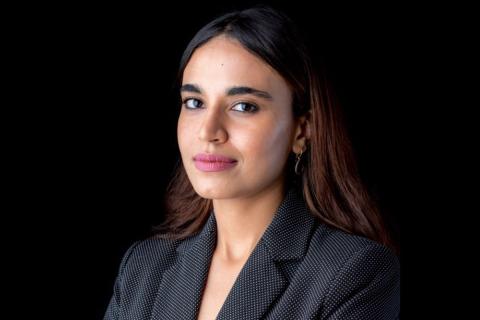
Pushing forward: Preventing violence against women in online spaces
Marwa Azelmat is a digital rights expert and an activist involved with women’s rights movements and organizations around the world. At the intersection of these issues, Marwa is facing off against a central barrier to progress on both: online violence against women and girls.
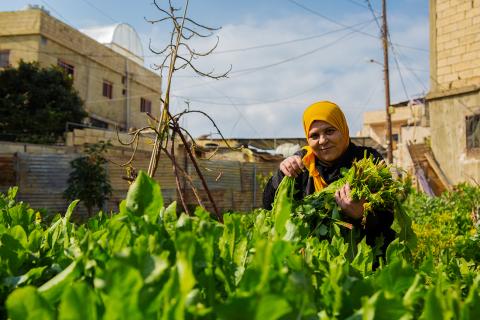
In Lebanon, women are leading the fight against climate change
In Lebanon, women are making substantial contributions and leading the charge on climate change adaptation, mitigation, and response, to build a more sustainable future for all. As the world commemorates International Women’s Day and comes together for the 66th Session of the Commission on the Status of Women, we’re celebrating some of the women who are taking innovative actions for climate adaptation across the country.
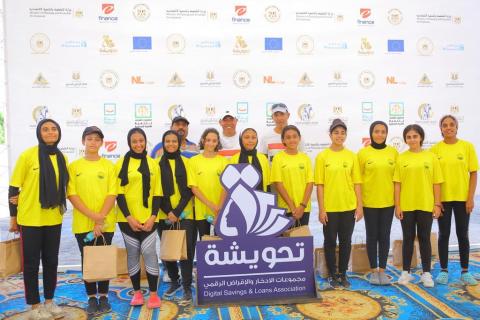
Rowing the Nile Challenge journey within Ta7wisha programme
Checkout Ta7wisha’s journey with the second edition of #Rowing_the_Nile_Challenge that started in Aswan Governorate and ended in Damietta Governorate under the framework of the National Financial Inclusion Programme.
Key achievements
In 2021, the UN Women Regional Office for the Arab States (ROAS) worked in 10 countries and territories to achieve the following results:
of the League of Arab States (LAS) committed to collectively work towards a regional program on women’s employment with UN Women
signed the Women Empowerment Principles (WEPs)
viewed strategic communication on increasing Arab women’s employment in STEM, through the ROAS and CNN Arabic multiyear strategic partnership
(336 fathers, 336 mothers and 84 children) in Egypt, Morocco and Palestine engaged in a unique regional gender transformative parenting programme designed and implemented by UN Women in partnership with local civil society organizations

(members of the Issue-Based Coalition on Gender Justice and Equality) agreed to focus on coherent policy-support provision to Resident Coordinators and UN Country Teams
in Palestine and 8.5 percentage points in Egypt, as reported by women
